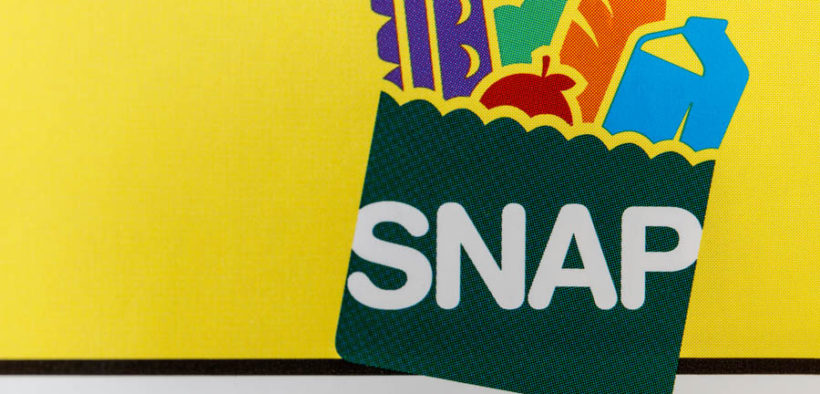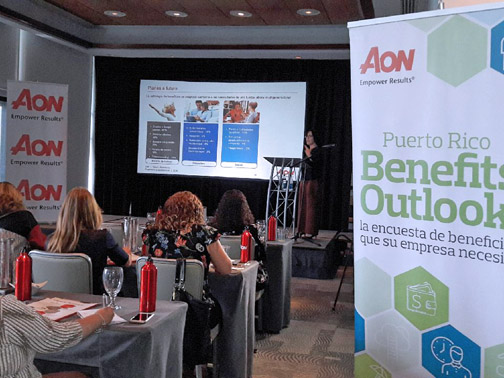CNE: Switching from PAN to SNAP would increase funds by 73%

A transition from Puerto Rico’s current Nutrition Assistance Program (PAN) to the Supplemental Nutrition Assistance Program (SNAP) would increase funds for that segment of the population by 73%, from $2.6 billion in Fiscal 2023 to $4.5 billion in Fiscal 2031.
This month, the Center for a New Economy (CNE) analyzed some of the key findings of the Food and Nutrition Service’s (FNS) Feasibility Study ordered by US Congress, in which it also concluded that the number of beneficiaries would increase between 9% and 12% — depending on the final set of rules adopted.
The San Juan-based think-tank also believes the maximum amount of benefits would increase, in some cases they may actually be double the amount currently available under PAN; and the increased spending in nutrition expenditures would have a positive income multiplier effect on the local economy in both the food retail and the local agricultural sectors as well as a positive impact on overall employment.
CNE has advocated for years for a transition from PAN to SNAP, as well as for equal access to other federal programs including Medicaid, SSI, and the Earned Income Tax Credit.
SNAP is currently available in all 50 states, the District of Columbia, and the US territories of Guam and the Virgin Islands, but not in Puerto Rico.
CNE Policy Director and author of the analysis, Sergio M. Marxuach, provided details on the current situation and explained how many households in Puerto Rico were already food insecure prior to the pandemic due to the relatively high cost of living in the island; little local production of basic dietary staples; the requirement to use costly US flag vessels to transport food and other cargo from the US; low wages; and high rates of poverty and income inequality.
On the negative side of the proposition, the CNE explains the following:
- Implementation costs could exceed $400 million over a 10-year period, at a time when the Fiscal Oversight and Management Board has been implementing budget cuts across the government.
- Administering SNAP after rollout would cost an estimated $249 million to $414 million, on an annual basis (FNS would cover approximately 54% of these costs).
- Some groups of beneficiaries could lose eligibility for nutritional assistance or qualify only for lower benefits (including older adults and university students, among others); and,
- The government of Puerto Rico would have to gear up for the implementation of several components of SNAP which currently don’t operate in Puerto Rico, such as the SNAP Employment and Training program (“SNAP E&T”); the SNAP Nutritional Education program (“SNAP-Ed”); and Disaster SNAP.
“Another important aspect to consider is that, currently there are no work requirements under NAP. SNAP, however, has a general work requirement for participants aged 16–59 who do not meet federal exemption criteria, as well as a specific work requirement for Able-Bodied Adults Without Dependents,” Marxuach explained.
“The Puerto Rico government would have to implement these work requirements under SNAP. In most cases, failure to comply with the work requirements results in the loss of SNAP eligibility,” he added.
“It appears that the benefits of implementing SNAP in Puerto Rico outweigh the costs, provided that adequate measures are taken to try to protect, or reduce the impact on, those who may be negatively affected by the transition from NAP to SNAP,” he said.
“In a transition such as the one proposed, there will always be winners and losers, but we must try to minimize the negative consequences that particular groups would face,” said Marxuach adding that another argument in favor of extending SNAP to Puerto Rico is to end Congressional discrimination against Puerto Rico residents in the application of nutrition assistance programs.










